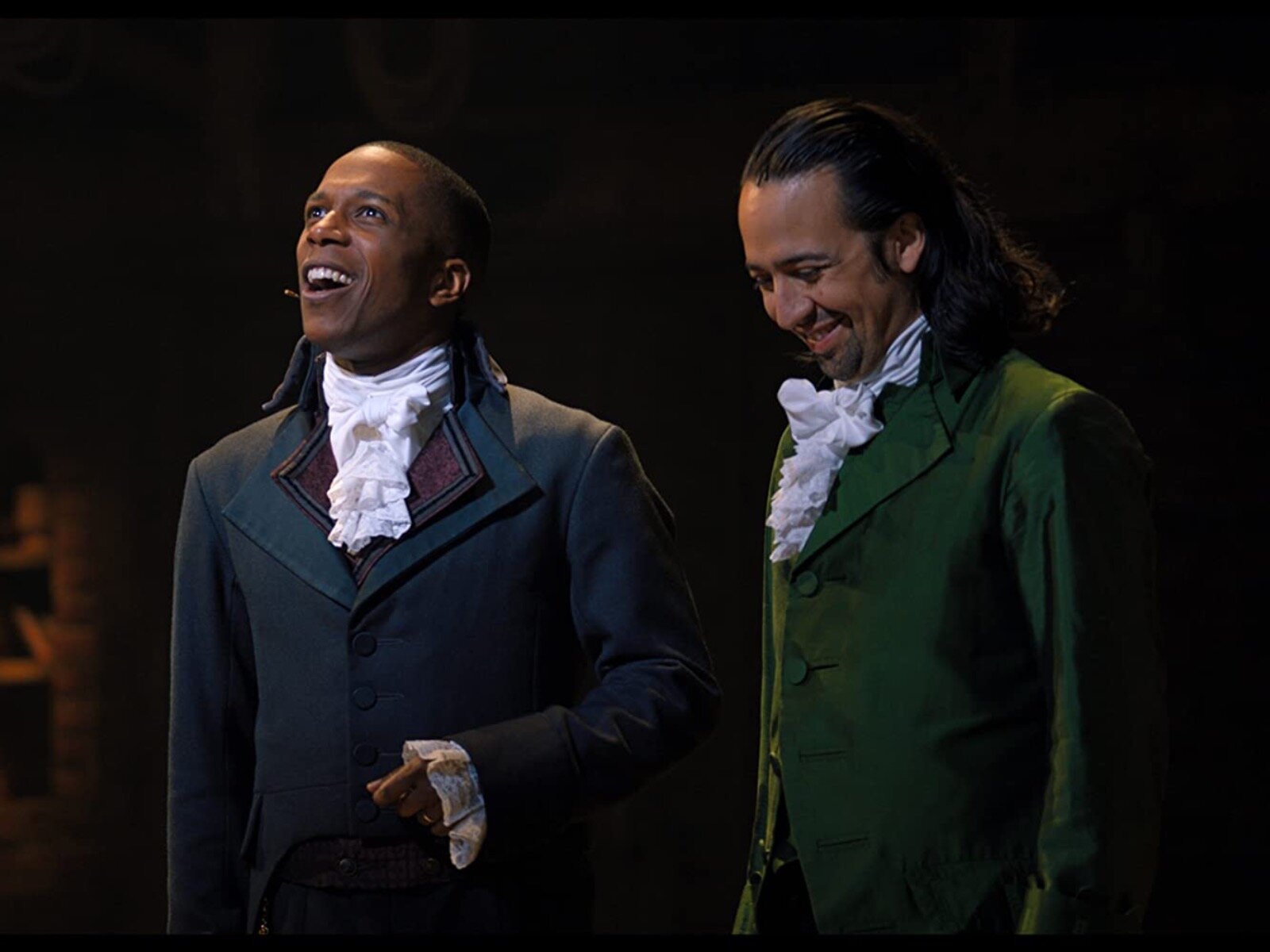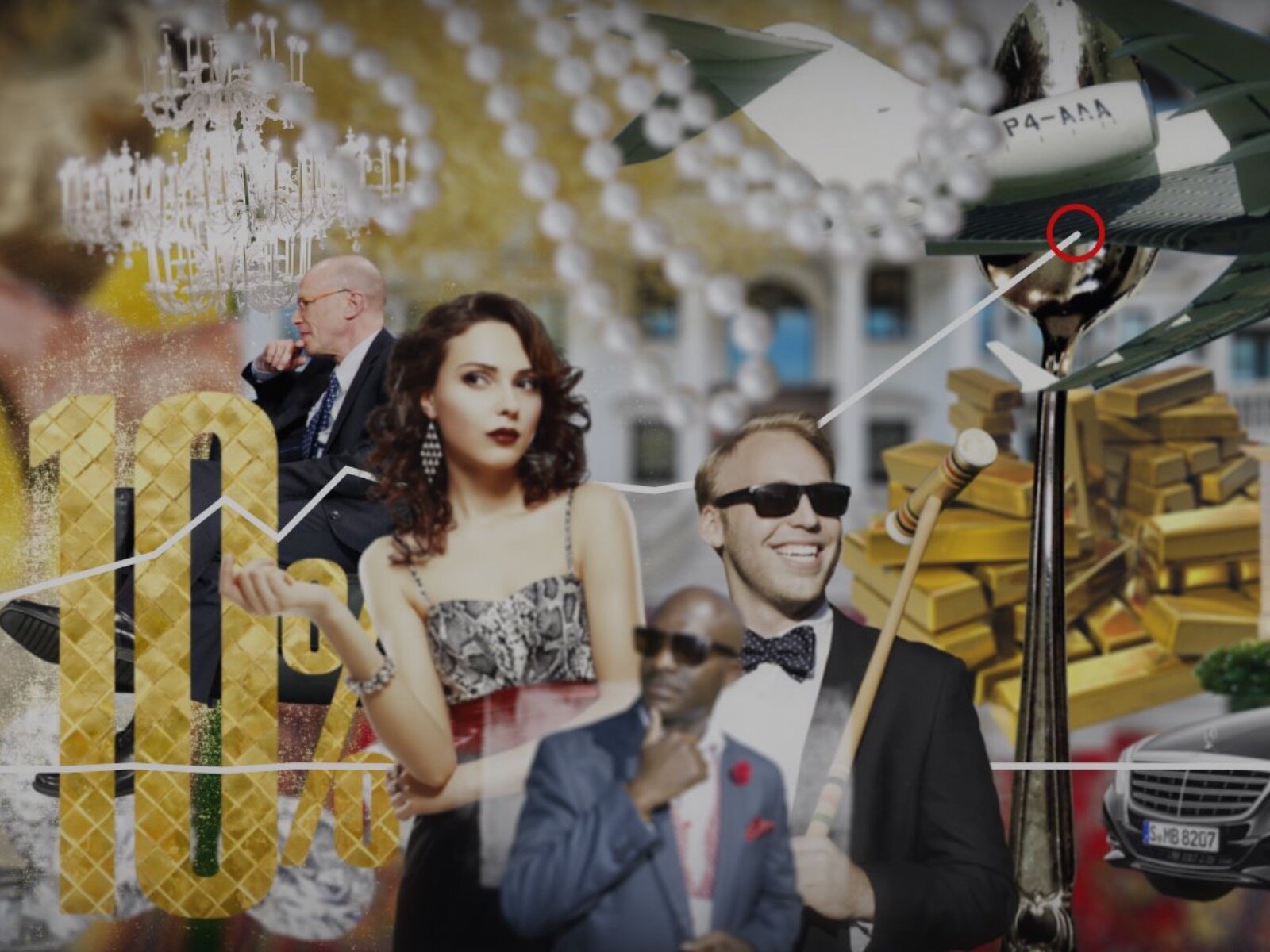Documentarian Alex Gibney seems to be doing his best to make me feel completely and utterly lazy.
"The Armstrong Lie" marks the Oscar-winning filmmaker’s third feature-length documentary (alongside last year’s chilling "Mea Maxima Culpa: Silence in the House of God" and "We Steal Secrets: The Story of WikiLeaks") made over the past two years, not including an hour-long PBS doc about Park Avenue.
He already has a fourth feature doc, "Finding Fela!" about Nigerian sing Fela Kuti, prepared to premiere at Sundance next month. Gibney has taken on multiple topics recently; it would seem a vacation is not one of them.
Gibney’s latest – currently one of 15 documentaries on the Oscar shortlist for a Best Documentary nomination – continues his cinematic investigation into abuses and misuses of power. And to quote many an action movie trailer, this time, it’s personal (for better or worse).
Back in 2009, Gibney joined up with Lance Armstrong, a seven-time Tour de France winner at the time and still the sport’s most famous celebrity, to film a behind-the-scenes documentary about his much hyped – and controversial – comeback to the cycling’s biggest stage.
Doping rumors and allegations were rampant, but so was Armstrong’s vigorous and often vicious defense of his legacy. The cycling star still had much of the world convinced if his innocence, including Gibney himself as the director notes via voiceover narration. He ended up finishing the Tour in third, with his teammate Alberto Contador (who would later have a Tour de France victory of his own stripped due to doping) taking the prize. In the 2009 footage, Contador doesn't come off as much of a teammate, deviating from their team manager's strategy in order to build his own lead.
Several years later, Armstrong’s once inspirational story had been redefined as a shameful deception. In 2012, he was stripped of his seven titles, and earlier this year (was it really less than 12 months ago?), after continuously calling out his detractors and throwing others under the bus in defense of his name, he made the march of shame to Oprah to come clean about a career soon to be defined by doping and duping.
Armstrong also went to Gibney in the hopes of further telling and clarifying his story. As one of the many lied to on Armstrong’s title trek, Gibney had some questions of his own to ask.
Even though his confession is not even a year old, "The Armstrong Lie" – compiled of archive footage, Gibney's original 2009 footage and a recent post-confession interview – has already lost some of its urgency. The world has already cycled through several other sports controversies since that time, and many of the film's revelations are of the small and common variety.
It notes the lie started almost right at the beginning of his legendary Tour de France run. Armstrong was doping, but so were – and likely still are – a large majority of his competitors to the point that it didn’t seem wrong. As noted in the documentary, he didn’t particularly want to beat the system; in many ways, that was the system, and a code of silence, called an omerta, among the cheaters made snitching almost a bigger crime.
And, as Ryan Braun learned this year, as well, as bad as the lie was, the abuse of power and public trust to protect and defend that lie was the bigger, more unforgivable sin in the end. Many of the bodies left in his wake, such as former teammate Frankie Andreu and his still enraged wife Betsy, come back to talk to Gibney.
Much of this is already pretty common knowledge. But while "The Armstrong Lie" isn’t a particularly revelatory feature, it’s still a fascinating, schadenfreude-tastic insider's look into the sport's corruption with an interestingly cocky and brash kingpin enigma at its center.
Armstrong is trying to be honest and forthcoming – or at least trying to look the part – about his mistakes and trying to explain to others, and himself, why he did what he did. Part of that is the already corrupt world of cycling; the other was a built-in competitiveness, grounded in by his battle with cancer, that translated winning and losing into a life or death battle with no middle ground. He even apologizes to Gibney in footage from 2009’s Tour that his third place finish is going to end up ruining the documentary, as though a first place finish was the only possible good ending for his story.
Still, there’s a part of Armstrong that seems frosty and distant. He's oddly withholding and forthcoming at the same time, and every confession seems to come with some kind of recession or mild passing off of the blame. It’s strangely compelling media dance he’s doing, and Gibney does his best to get the most truth out of his subject and his story as possible.
For the most part, he succeeds, thoroughly telling the story of Armstrong's fall, trying to pick up clues to who the man is between the polar opposites of hero and villain (and why he even bothered coming back in 2009), and attempting to pick at Armstrong's artificial cracks to find the real ones underneath.
If there’s one place he missteps, it’s by excessively inserting himself into the story. His voiceover narration distractingly moves the story toward him, how he felt and he was deceived. He's less a participant than he is making himself into a participant.
In a way, "The Armstrong Lie" feels like a documentary Gibney made for his own sense of closure on the topic, to air his grievances and hopefully find some truth in the man he followed and admired. It's a noble and intriguing attempt, even if there’s no more truth to be found in his infamous leading liar.
As much as it is a gigantic cliché to say that one has always had a passion for film, Matt Mueller has always had a passion for film. Whether it was bringing in the latest movie reviews for his first grade show-and-tell or writing film reviews for the St. Norbert College Times as a high school student, Matt is way too obsessed with movies for his own good.
When he's not writing about the latest blockbuster or talking much too glowingly about "Piranha 3D," Matt can probably be found watching literally any sport (minus cricket) or working at - get this - a local movie theater. Or watching a movie. Yeah, he's probably watching a movie.







